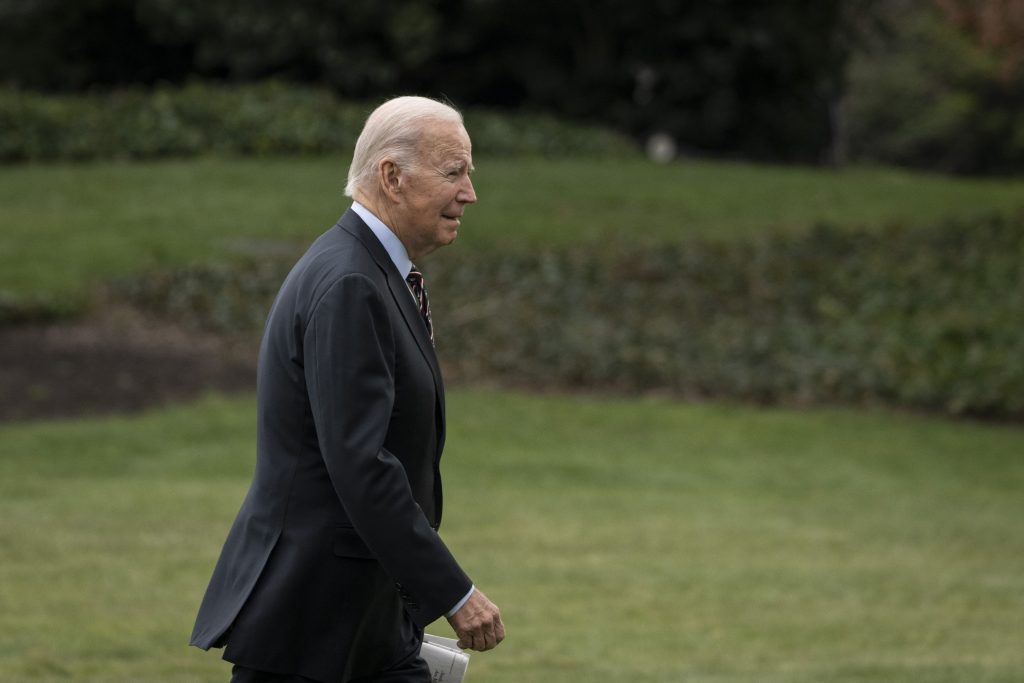
- ARAB NEWS
- 01 Aug 2025

Washington: The United States has welcomed the Japanese government’s revision of three key national security documents to drastically increase its defense spending and possess counterstrike capabilities.
“We welcome Japan’s contributions to peace and prosperity,” U.S. President Joe Biden said on Twitter.
“Japan has taken a bold and historic step to strengthen and defend the free and open Indo-Pacific” through the revision, made Friday, said a statement by U.S. national security adviser Jake Sullivan.
Meanwhile, a U.S. government official expects that the revision will make the two nations’ deterrence against China stronger at a time when U.S. forces are losing superiority in East Asia amid China’s rapid military buildup.
Japan’s possession of capabilities to strike missile launch sites that threaten the country will complicate China’s and North Korea’s calculations, making it easier to stop them from wanting to take a military action, the official said.
The official also praised Prime Minister Fumio Kishida for referring to a need to raise taxes to finance the defense spending expansion, saying that Kishida expressed a strong commitment.
Symbolizing the changing Japan-U.S. alliance, the revised documents include a plan to buy U.S.-made Tomahawk cruise missiles.
Washington had been reluctant to provide Tomahawk to Japan in view of confidentiality concerns and the risk of provoking neighboring countries.
Among the U.S. allies, Britain is the only country that has Tomahawk missiles.
“It’s sharing a technology with Japan, and that puts it into an elite group of allies,” said Jeffrey Hornung, senior political scientist at U.S. think tank Rand Corp.
“With the counterstrike decision in place, reimagining U.S.-Japan command and control would represent the next opportunity to deepen the alliance,” said Christopher Johnstone, senior adviser and Japan chair at the U.S. think tank Center for Strategic and International Studies.
Japan and the United States will need to “develop an integrated process for target identification, prioritization and deconfliction” when staging a joint operation, Johnstone said.
Meanwhile, Hornung pointed to a need for deeper discussions on how Japan may use the new capabilities and in what type of situation they may be used, after many discussions in Japan focused on the capabilities themselves.
JIJI Press